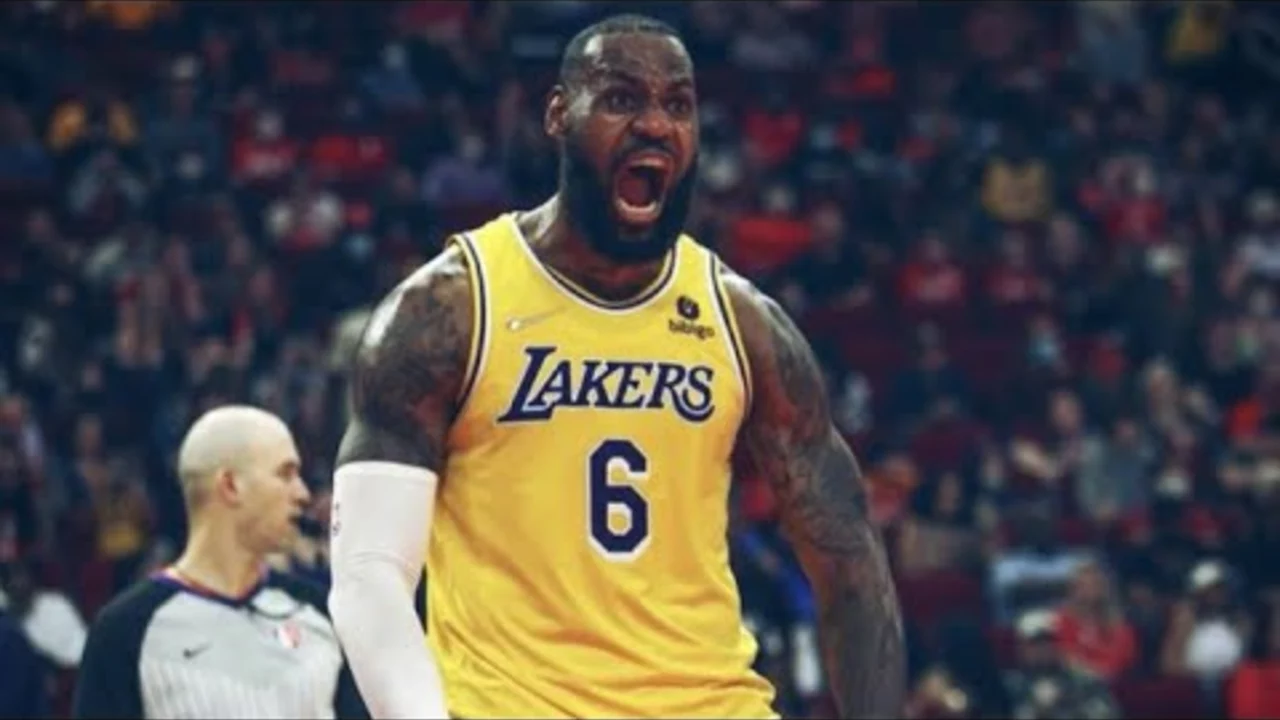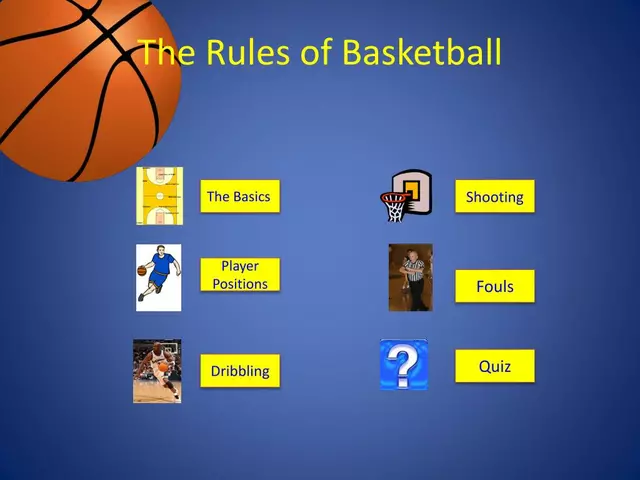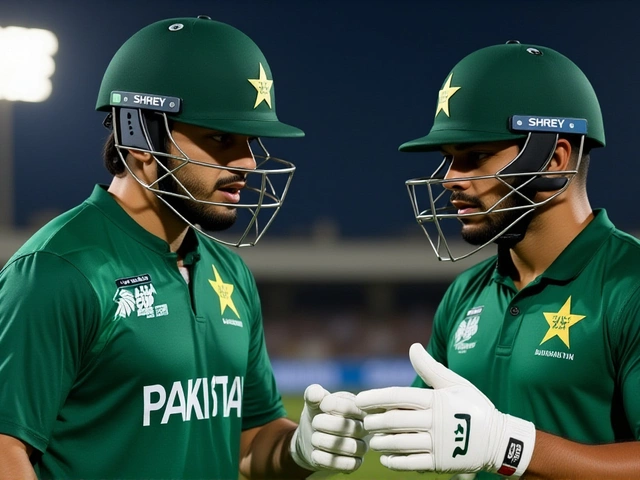Basketball Age Guide: What You Need to Know
Age matters more than you think in basketball. Whether you're trying out for freshman varsity, wondering how long a high school game runs, or eyeing a spot on a Division One team, the numbers shape your path. Below we break down the key age‑related facts you’ll run into on the court.
Trying Out for Freshman or JV Teams
Most schools let kids join the freshman or junior varsity squads as soon as they hit ninth grade. That usually means you’re around 14 or 15. Coaches look for basic skills, stamina, and a team‑first attitude. If you’re a bit younger, you can still practice with the team, but official game minutes often wait until you’re the right grade.
High School Game Length
A typical high school basketball game lasts about 1.5 hours. It’s four 8‑minute quarters with a short break after the second quarter and a longer halftime. Timeouts and occasional overtime can add extra minutes, so plan on a little wiggle room if you’re attending a match.
Knowing the schedule helps players manage energy and parents schedule pick‑ups. Want to stay sharp during those breaks? Simple stretches or a quick water sip can keep you from cooling down too fast.
College Eligibility and the Age Limit
The NCAA sets a minimum age of 19 for Division One basketball. You also need to have completed one year of college coursework before playing. This rule stops players from jumping straight from high school to the pros without a college year under their belt.
There are a few exceptions—military service or religious missions can pause the clock—but the baseline stays the same. If you’re aiming for a scholarship, track your birthdate and enrollment status early to avoid surprises.
Professional Dreams and Age
While NBA teams can sign players at 19, many prospects stay in college for two or three years to improve skills and draft stock. Some overseas leagues take younger talent, but the jump requires solid fundamentals and a good work ethic.
If you’re wondering whether an NBA team could pop up in a new city like Kansas City, the answer isn’t about age—it's about market size and finances. Age rules stay the same no matter where the team lands.
Crazy Rules That Don’t Care About Age
Some rules affect all players regardless of how old they are. The five‑second closely guarded rule, for example, forces a quick pass, shot, or dribble if you’re pressured. It’s annoying, but it keeps the game moving for everyone.
Understanding these quirks helps you avoid turnovers and stay in the flow, whether you’re a 13‑year‑old newcomer or a seasoned senior.
Bottom Line
Age sets the stage in basketball, but it’s just one piece of the puzzle. Keep an eye on school grade, league rules, and eligibility dates. Pair that knowledge with hard work, and the age limit becomes a stepping stone, not a barrier.
Got more questions about age and basketball? Drop a comment or swing by Shenley Basketball Club—we love helping players of every age reach the next level.

Alright, my hoop-head friends, let's sink our teeth into this juicy debate - Is our man LeBron James still slam-dunking in his youth, or has he crossed over into the grizzled veteran territory? Well, our King James is currently 36, which in basketball years could get him a senior discount at Denny's. However, don't let the age fool ya! This guy's still out there schooling young bloods with his dazzling skills and monstrous dunks. So, whether he's young or old really depends on whether you're comparing him to a rookie or a fossil...either way, LeBron's still got the magic!




